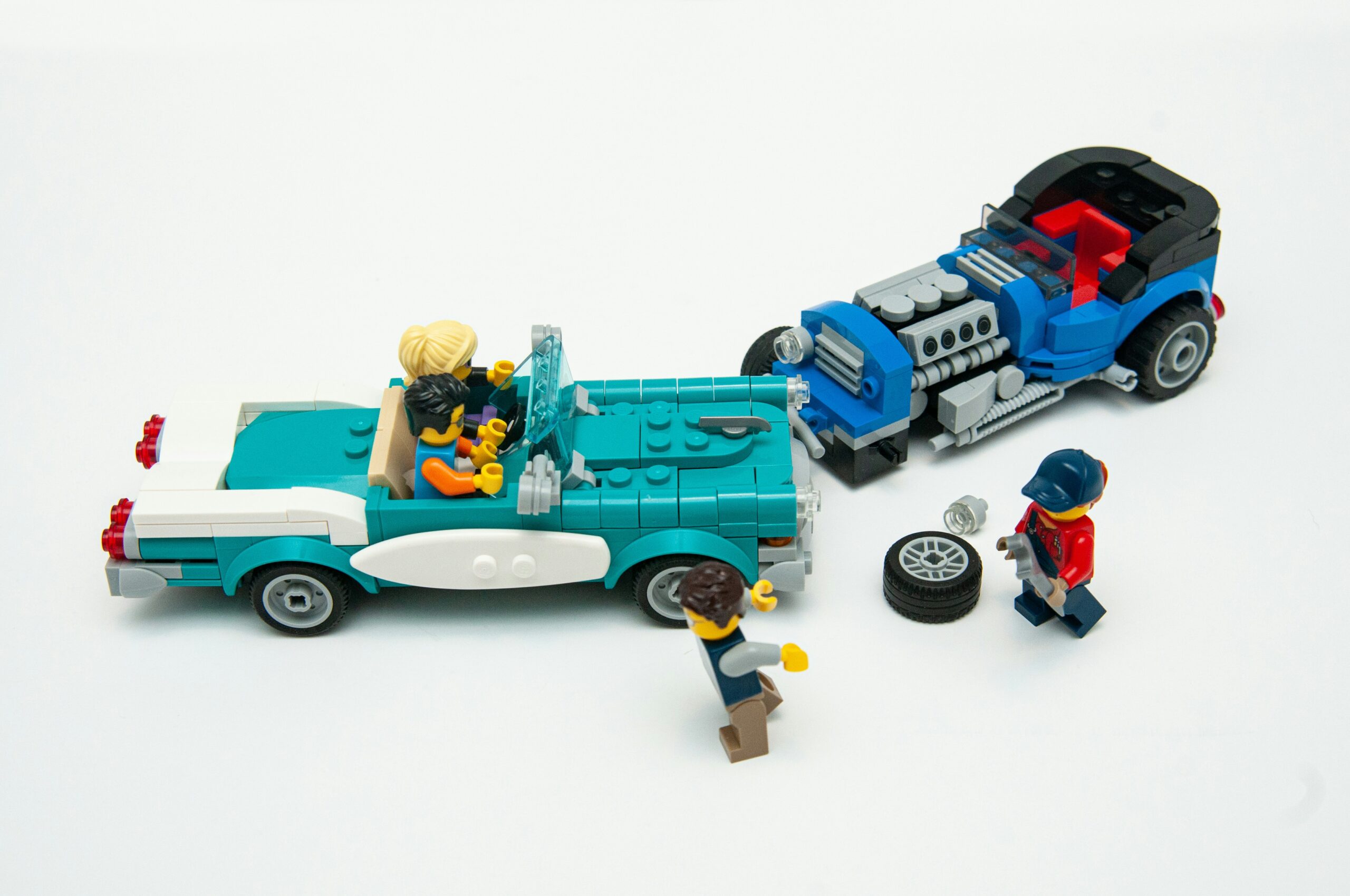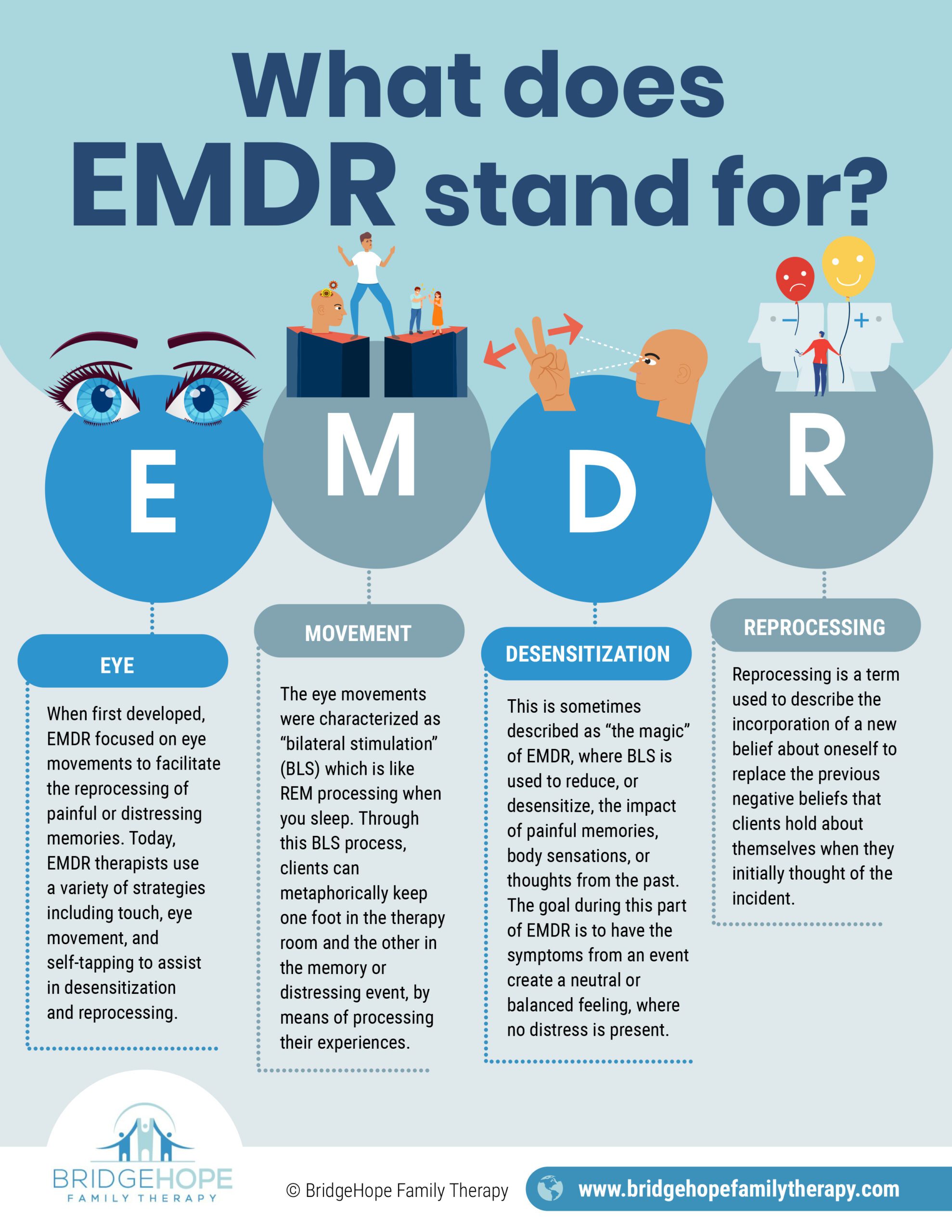Divorce. It’s something that no one anticipates going through as they enter a marriage, but it can still happen. While there’s no specific reason a divorce will happen, it’s important to understand that men and women handle divorce differently.
Due to stereotypes, it can be perceived that men don’t struggle with divorce as much as women do. Unfortunately, going through a divorce is a stressful life event that will negatively impact both parties’ mental and physical health. For example, men who are going through a divorce may be more likely to choose an unhealthy lifestyle as a way to cope. These unhealthy coping mechanisms, such as drinking or eating poorly, put them at a higher risk of gaining weight or developing cardiovascular disease. Divorce can create long lasting impacts on emotions, financial changes, and overall stress.
For this article, we will discuss how men cope with and process divorce and the emotional stages they go through.
Emotional stages for men going through a divorce
It’s common for anyone going through a divorce to experience a wide range of feelings. In some cases, how the man feels can be considered unacceptable or inappropriate by society because they’re a man. For instance, many men are taught from an early age that they should never show emotion or they “are weak” for showing emotions. These can beliefs can create barriers for seeking help, including therapy. Contrary to what you may have been taught, both sitting with and experiencing emotions is healthy. It is also healthy to grieve the loss of a relationship.

When a man is going through a divorce or has experienced a divorce, he will experience multiple emotional stages, including denial, hiding emotions, anger, refusing help, rebuilding post divorce, and acceptance. Unfortunately, these stages are not often linear and may often feel like trying to interpret a child’s scribble art.
When a man is going through a divorce or has experienced a divorce, he will experience multiple emotional stages, including denial, hiding emotions, anger, refusing help, rebuilding post divorce, and acceptance. Unfortunately, these stages are not often linear and may often feel like trying to interpret a child’s scribble art. Keep reading below to learn more about each stage.
Denial stage
It’s common for someone to feel some sort of initial shock or denial when going through a divorce. If someone does not see the divorce coming, it can be even more of a shock. If they initiate the divorce, it can still feel like it’s not real or that they should be able to do something to fix it.
Hiding emotions stage
This is typically when the heart begins to sink in and feel real, but some men may try to avoid others so they don’t find out how they feel. In public or around others, they will act as if they’re fine, but behaviors they exhibit may prove otherwise. In some cases, this leads to partying, being promiscuous, binge eating, or drinking to try to be in a better place than they are.
Anger stage
As soon as the feeling of being hurt takes over, it’s common for men to progress to feeling angry. This can be due to feeling angry with themselves for not keeping their family together or not being an ideal partner for their spouse. It can also be that they’re angry with their spouse because they’re being treated unfairly, or in their mind, the court system could be working against them.
Refusing help stage
Many men see asking for help as a weakness or not on their priority list. In this stage, they may know that they need to talk to a therapist or a friend, but their beliefs will prevent them from doing so.
Post-divorce rebuild
After the divorce, men typically take one of three paths. First, they’ll tend to focus on rebuilding their lives for themselves and possibly their children. Second, they may feel like there’s nothing to change and that they did nothing wrong. Third, some men may also wonder what led up to the divorce or how this could have happened to them. Other men may experience anxiety and assume “What’s wrong with me?” or “I let this go.”
The acceptance stage

The ultimate goal should be to heal after a divorce. There’s no specific timeline for how long it takes to move on. It’s important to make conscious efforts to do so, but to understand that it won’t be an overnight process.
The ultimate goal should be to heal after a divorce. There’s no specific timeline for how long it takes to move on. It’s important to make conscious efforts to do so, but to understand that it won’t be an overnight process. During this stage, some men may proactively reach out for therapy to address the questions they regularly ask themselves of “Where did I go wrong?” or “Why was I not good enough?” These questions can be addressed through both talk therapy and EMDR therapy.
Counseling for men in Utah
Divorce rarely stays contained within family circles and can affect you personally, affect you in your friend groups, affect work performance, as well as other relationships. If you or someone you know is struggling, counseling for men in Utah at BridgeHope Family Therapy can help. Dr. Bradford Stucki, LMFT has experience treating the challenges that commonly arise in divorce. Please reach out today to learn more about how we can help you navigate this new chapter of your life.




